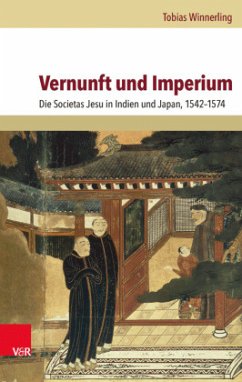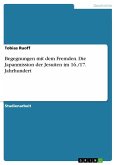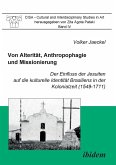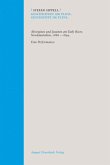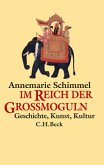When in 1542 the first Jesuit missionaries set sail to Asia, to travel to India, to Indonesia and to Japan in turn, they were obviously convinced that they could succeed, and that they would bring the Gospel to the East, and thus the East to Christ. One question that has not sufficiently been answered yet is: why should they have thought that? In examining the first thirty years of the Asian missions of the Society of Jesus this book closely inspects the organisational structures that shaped the missionary work and the actual doings of the rank-and-file missionaries in a praxeological way to answer that question. Rather than the up until now stressed abilities of the order's members to adapt to foreign cultures, to accommodate or to acculturate themselves, it seems that the main guideline for their work was relying on what they knew best. Namely, a mental framework of thoroughly Aristotelian-Thomist thought shaping their notions about men, mind and logics, and the colonial European empires of their day shaping their views of organisation and hierarchy. These predispositions combined to make actual intercultural contact, or even mutual understanding, difficult to the extreme, if not impossible. In effect, the Jesuits missionary endeavours up until 1574 produced an entity that was an empire in its own right, of its own peculiar kind - spiritual, not territorial or economical. What they sought was mission, and what they got was dominion over souls.
Hinweis: Dieser Artikel kann nur an eine deutsche Lieferadresse ausgeliefert werden.
Hinweis: Dieser Artikel kann nur an eine deutsche Lieferadresse ausgeliefert werden.

